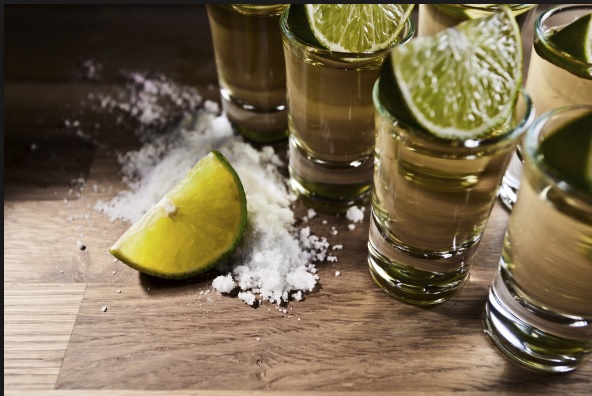While researching her doctoral thesis on denominations of origin in France, the United States, and Mexico, Sarah Bowen discovered there was much she and other Americans don’t know about the stories and figures behind the history of tequila.
Now an associate professor of sociology at North Carolina State University, Bowen chronicled her findings in the critically acclaimed book, “Divided Spirits: Tequila, Mezcal, and the Politics of Production.” Bowen’s current academic endeavors continue to focus on the relationships between food consumption/production and socioeconomic inequalities.
In this Voices in Food story, as told to Joanna O’Leary, Bowen speaks about the intersection of tequila, Latinx history, women, and workers’ rights in the food industry.
I think a lot people don’t realize that tequila is a mezcal. Mezcal was historically a generic term for a distilled agave spirit, like “beer” or “wine.” Mezcals have been produced throughout Mexico, using a variety of types of agave and specific methods, for hundreds of years. Tequila was originally just “mezcal de Tequila,” the mezcal from the area around the city of Tequila, but over time, its name was shortened to just tequila.
“What is problematic about [tequila’s success story] is that the benefits associated with this success have not trickled down to the communities, farmers and workers who make tequila”.
Sarah Bowen
The reason tequila is so famous is not because it is the oldest or best mezcal, but because in the late 1800s, mezcal producers in Tequila expanded and industrialized more successfully than producers in other regions. They were among the first to start crushing agave with a tahona (a stone wheel), instead of by hand, and to cook the agave in masonry ovens and distill with column stills. And mezcal producers from Tequila were also the first to protect their name. Since 1974, tequila has been protected by a “denomination of origin,” which means that only producers in the Mexican state of Jalisco (the home of Tequila) and parts of four other states have the right to use the term “tequila.”

On the roles of women in the tequila and mezcal industry
Women have always been involved in tequila and mezcal production, but unfortunately, many of the “heroes” of the story are men. A lot of the names on the tequila bottles and in the front of people’s minds are men’s: Jose Cuervo, Cenobio Sauza.
And you look at the people on the boards of the organizations that regulate and define the industry ― the Tequila Regulatory Council and the National Chamber of the Tequila Industry ― that’s a lot of men, too. I was attending many meetings and workshops and conferences where there were only a handful of women. So there are mostly men at the literal and figurative tables.
Women are a central part of these industries, but they’ve historically been less visible, but I think this is changing. Some of the most powerful voices calling for change are women’s ― people like Graciela Ángeles of Mezcal Real Minero, for example. But there definitely needs to be further change in that direction.
CLICK HERE FOR FULL ARTICLE ON HuffPost Life



